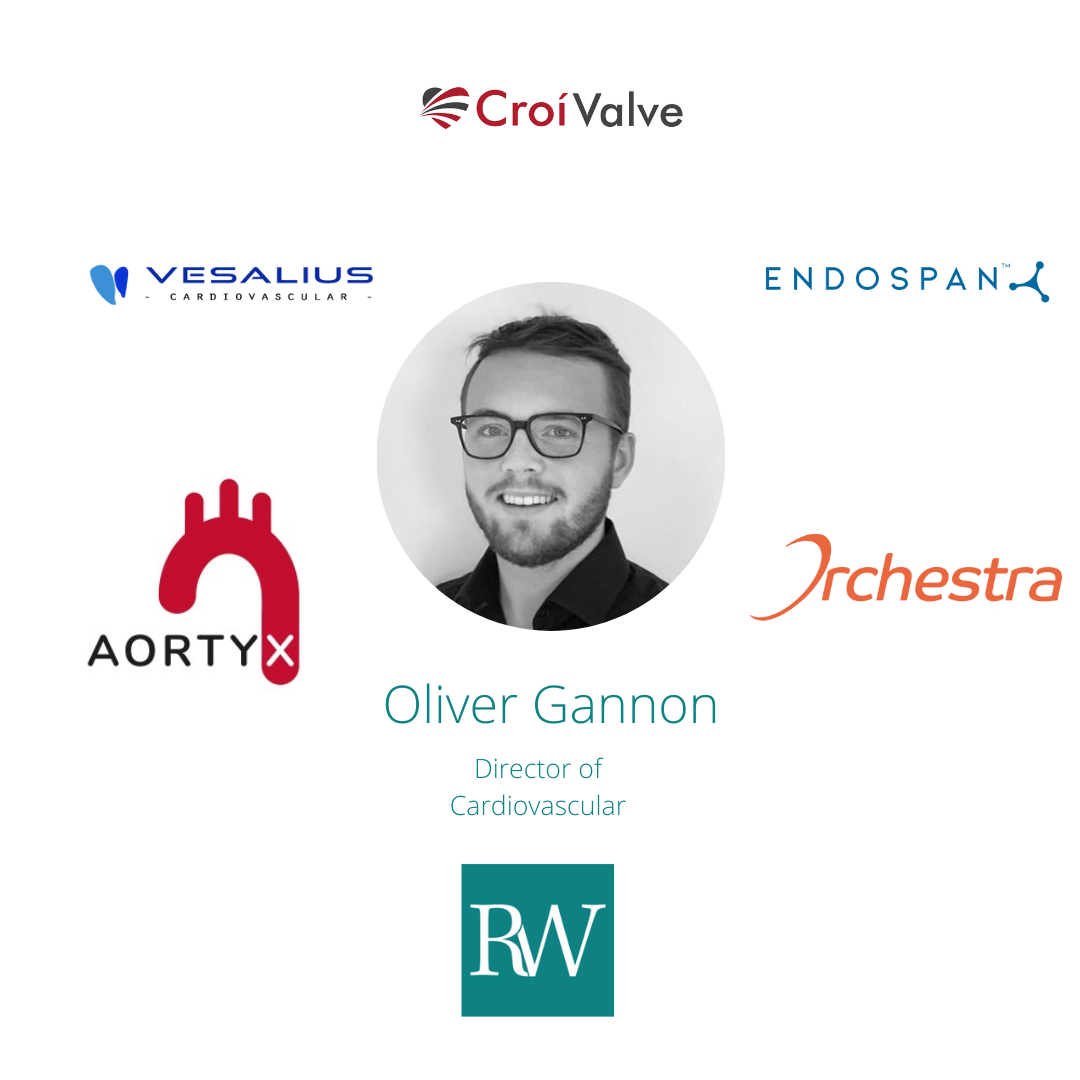
It’s a new dawn, it’s a new day, it’s 5 new CVG startups for you….
The Cardiovascular Device market is constantly changing as technological innovations begin to infiltrate our daily lives. Now, in an era of more remote, decentralized, and increasingly personalised treatment care, catalysed by the COVID-19 pandemic, the cardiovascular community, and wider population must familiarize themselves with these emerging trends in the market as their wide range of clinical applications become utilised.
Technologies used in the development of cardiology devices have improved significantly over the past decade. This has led to an increasing number of patients being managed with cardiology devices, resulting in exponential therapeutical and monitoring outcomes. Globally the Cardiovascular Device market was valued at about USD 47,105 million in 2020 and is expected to register a CAGR of 6.7% over the forecast period, 2021-2026.
Despite the adverse effects of the pandemic impacting the production and utilisation of cardiovascular devices in 2020, the subsequent years of ‘expected normality’ are set to boost the market over the forecasted period. The major factor driving the market is the rising global burden of various coronary heart diseases such as stroke and cardiomyopathy resulting from demographics such as increasing aging populations and a rise in obesity rates.
Here, I’ve selected five of the top cardiovascular start-up companies that reflect some of the exciting and innovative technological advancements occurring in the industry.
Vesalius Cardiovascular – Mitral Valve Repair
Firstly, Vesalius Cardiovascular is a company founded in Vancouver, Canada in 2016. The company specialises in designing and developing biomedical devices for the treatment of cardiovascular disease, specifically mitral valve regurgitation.
This start-up is a developer of a transfemoral mitral valve repair (TMVr) solution designed for Degenerative Mitral Regurgitation (DMR) heart valve disease. The company’s device is based on current surgical principles of chordal replacement that can treat any diseased area of the valve and covers the full range of valve sizes, providing physicians with a delivery that is easily adaptable and its deployment reversible.
The company is a result of several years of intensive private research and investigation. The inventor behind Vesalius Cardiovascular is Dr. Peter Skarsgard, a Vancouver-based Cardiac Surgeon, and Head of the Division of Cardiovascular Surgery at Vancouver General Hospital.
Endospan
Endospan is a privately held start-up headquartered in Tel Aviv, Israel, and is a pioneer in the endovascular repair of aortic arch disease including aneurysms and dissections. Endospan’s NEXUS Aortic Arch Stent Graft System is the first endovascular off-the-shelf system with CE Mark to treat a greatly underserved group of patients diagnosed with a dilative lesion in, or near the aortic arch. The “Docks and Lock” modular system provides stable and secured anatomical anchoring and atraumatic sealing in a wide range of anatomies.
While minimally invasive endovascular repair has been the standard of care for Abdominal Aortic Aneurysm (AAA), Aortic Arch Disease patients with aneurysms of dissections have not been as fortunate and have had little choice but to undergo open-chest surgery with its invasiveness and risks, lengthy hospitalization periods, and prolonged recuperation. With its trailblazing new system, Endospan is now offering life-changing solutions to these patients.
Aortyx – Adhesive Endovascular Patch
Since 2017, Spanish start-up Aortyx has been working on an adhesive endovascular patch to treat Aortic Dissection, which causes a wide range of abnormalities in the aorta. The patch controls the clotting of the false lumen that avoids a peripheral malperfusion.
Aortic dissections tear the arterial walls and result in a deviation of the flow of blood in the vessels. False lumen build-up further creates multiple aortic events like heart attacks or reduced cardiac performance. Advancement in material science enables start-ups such as this one, to use a wide variety of microstructures with specific properties, such as elasticity, to develop solutions for efficiently closing arterial tears.
CroiValve – Transcatheter for Tricuspid Regurgitation
Founded in 2016, Irish startup CroiValve is developing a novel transcatheter to treat the damaged tricuspid valve. The start-up’s minimally invasive surgery uses a transcatheter to deliver a valve support mechanism to the tricuspid valve. A stent holds the superior vena cava in place just above the tricuspid valve. This results in the optimal functioning of the coronary valves and particularly reduces the risk of regurgitation.
Severe tricuspid regurgitation hinders the functioning of the right side of the heart by causing congestion in the heart chambers. Depending on the severity of the congestion, medical professionals find it difficult to suggest open-heart surgery for all patients. CroiValve is developing medical device innovations in aortic valve repair and replacement such as the use of a transcatheter to help with tricuspid regurgitation.
Orchestra BioMed – Cardiovascular Drug Delivery
The US-based start-up Orchestra Biomed developed a patented device, Virtue, a sirolimus-eluting balloon (SEB) to treat diseases related to the artery. Virtue helps the reduction of plaque in the arteries by utilizing a patented microporous balloon that acts as a drug delivery system. A proprietary bio-absorbable particle technology enables the start-up to provide controlled delivery of sirolimus.
This start-up is developing one of the most innovative drug delivery systems for resolving cardiac problems. Coronary artery disease (CAD), arrhythmia, and heart failure are common cardiac problems that affect most of the global population. Technological advancements such as this drug delivery system will enable the healthcare industry to simplify surgical procedures.
I thoroughly enjoyed gaining a greater insight into each of these companies’ cutting-edge devices and technologies, and I hope you did to. It is without a doubt that they are each contributing toward the accessibility of ground-breaking solutions to patients, as well as having the potential to make life significantly easier for medical staff. I look forward to witnessing these cardiovascular start-ups continue to innovate in the cardiovascular market and how they will continue to expand and make their mark in this highly driven market.